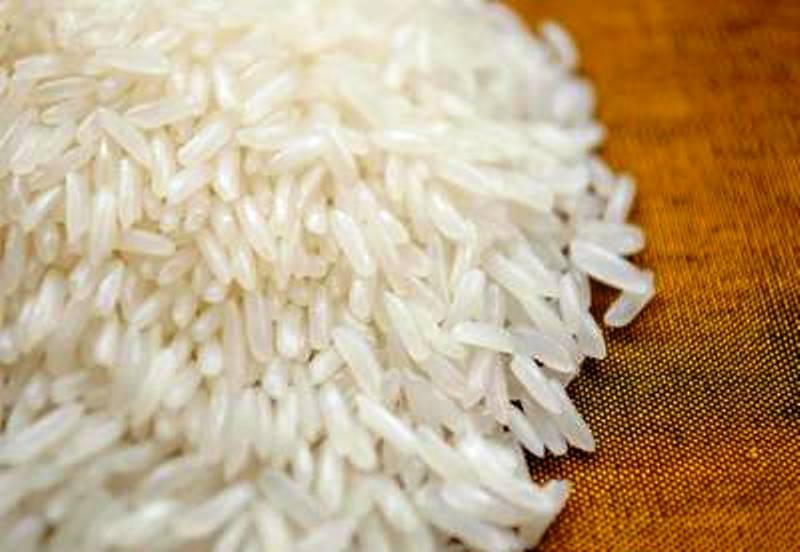
The delegation led by REAP chairman Samee Ullah Naeem, will have meetings with representatives of Tehran Chamber of Commerce, Industries and Mines and Mashhad Chamber of Commerce and Industry.
The deliberations are aimed at increasing bilateral trade and investment between the two friendly countries.
Earlier Samee Ullah Naeem talking to media said the REAP would discuss the issues related to the resumption of rice exports, implementation of currency swap agreement and the condition of good manufacturing practices (GMP) certification with Iranian authorities.
He said that Iran used to import 800,000 tons of basmati rice market until sanctions were imposed in 2010 and exports have drastically reduced to barely 60,000 tons only. REAP considers unavailability of banking channel the only factor behind the drop in trade, he added.
The dialogues between the leading businessmen and industrialists are meant to inspire the Iranian importers as well as investors to explore the healthy business opportunities in Pakistan, and foster new profitable ventures.
T
he REAP members will invite the Iranians to visit Pakistan, where Association could arrange fruitful meetings with progressive business groups, to seek fresh collaborative ventures.
The Pakistan exporters’ team will also hold meetings with Government Trading Corporation (GTC) of Iran, besides meeting with Health Ministry to raise the issue of GMP certification for Pakistani rice exporters.
“I hope that the country would regain its share in the Iranian market, which can become the good destination for their basmati exports,” he said. “Iran is one of the largest rice importers and purchases of rice worth $ 2 billion every year. However, Pakistan’s rice accounts for nearly an eight percent of Iran’s market,” he said.
272**6125**1396
Follow us on Twitter @IrnaEnglish
 solhkhabar | Peace International News Agency Peace International News Agency , Peace News , International Agency News of Peace
solhkhabar | Peace International News Agency Peace International News Agency , Peace News , International Agency News of Peace